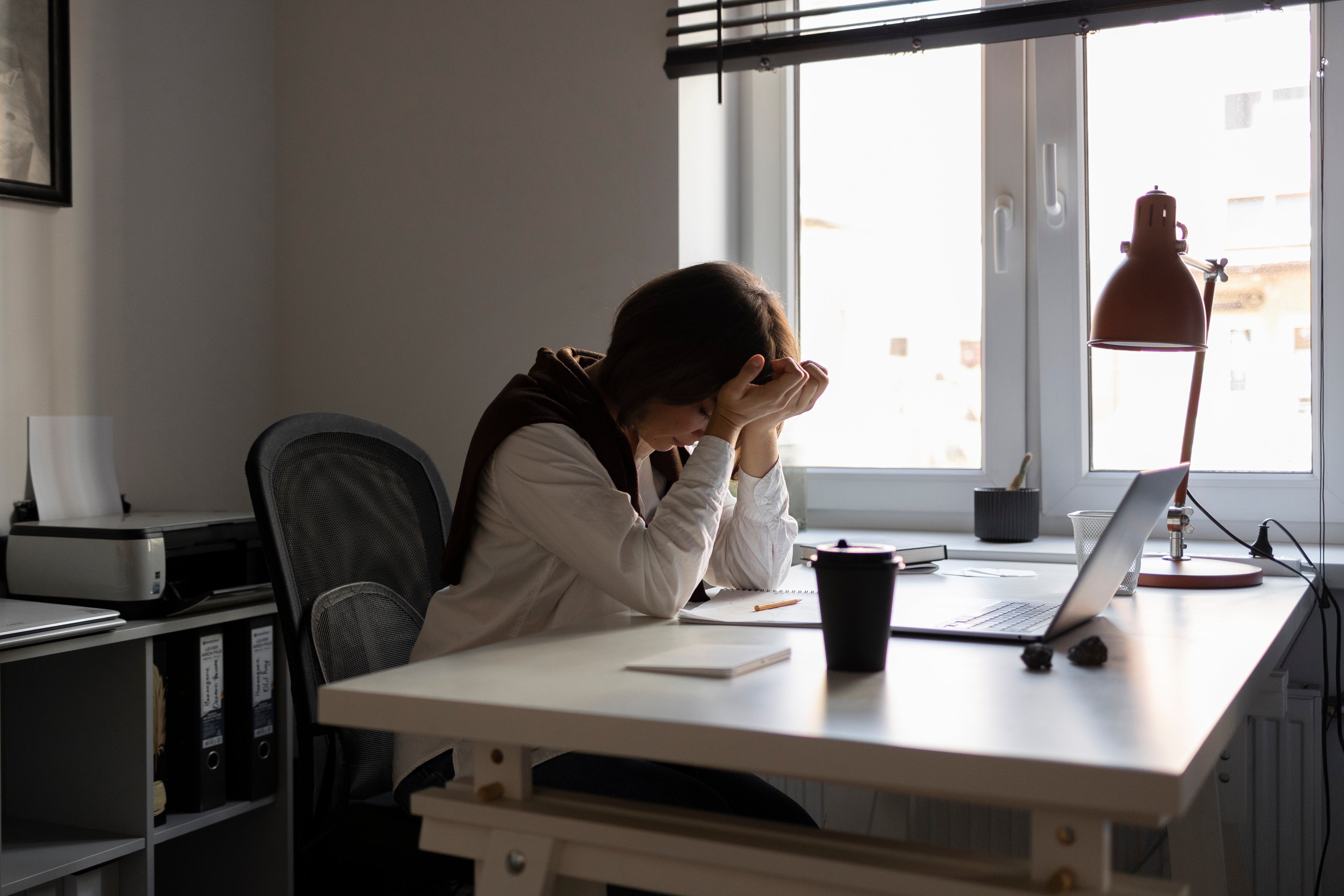Behind the Curtain: What Living with Opioid Use Disorder Really Feels Like
.jpg)
Opioid Use Disorder (OUD) is one of the most complex and misunderstood health challenges facing millions today. It is not simply a matter of addiction or choice. It is a chronic, relapsing condition that affects the brain, the body, and nearly every part of daily life. For those living with OUD, the struggle is often invisible to others but deeply felt in every moment.
What Is Opioid Use Disorder?
According to the National Institute on Drug Abuse, OUD is a medical condition characterized by the compulsive use of opioids despite harmful consequences. It often begins with a prescription or recreational use and escalates into a cycle of dependence. Over time, the brain’s reward system is altered, making it incredibly difficult to stop without medical support.
The Physical Symptoms Are Just the Beginning
People with OUD often describe their days as being ruled by the need to prevent withdrawal. Withdrawal symptoms can start just hours after the last dose and include:
-
Intense sweating and chills
-
Muscle and bone pain
-
Diarrhea and vomiting
-
Insomnia and restlessness
-
Rapid heartbeat and elevated blood pressure
-
Anxiety, irritability, and depression
These symptoms are not only painful but can also be dangerous, especially when someone attempts to stop using opioids on their own. The fear of withdrawal is so overwhelming that many continue using just to feel “normal.”
Learn more about opioid withdrawal symptoms and how they affect the body.
How OUD Shapes Daily Life
The condition doesn’t just live in the body. It affects how people show up in their own lives. Individuals may have difficulty maintaining a job or steady housing. They might miss important events with family and friends. Priorities shift toward managing symptoms or securing the next dose. Basic needs like sleep, food, and hygiene are often neglected.
Because of the stigma around substance use, many people with OUD hide their condition. This leads to shame, isolation, and reduced access to care. It becomes a silent burden that weighs heavily on emotional and mental well-being.
Relationships and Mental Health
Living with OUD often strains relationships. Loved ones may not understand the severity or may feel helpless. Meanwhile, individuals with OUD might withdraw from family and friends out of guilt or fear of being judged.
Depression, anxiety, and suicidal thoughts are unfortunately common in those struggling with OUD. In fact, people with substance use disorders are at higher risk of mental health conditions and vice versa. This dual burden makes the path to recovery even more difficult without the right kind of support.
Explore the connection between mental health and substance use.
A Glimpse of Hope Through Research
While OUD can feel like an ongoing battle, there are new efforts to find better care options. Clinical research studies provide an opportunity for people to receive supervised support, contribute to scientific advancement, and access care at no cost.
These studies are not treatment centers. They are designed to explore new therapies, medication formulations, or delivery methods. Participation is voluntary, confidential, and compensated.
At Segal Trials, we are currently conducting paid clinical studies focused on OUD. Participants receive professional care, close monitoring, and all study-related costs are covered.
You’re Not Alone
If you or someone you love is facing Opioid Use Disorder, know that help exists. Whether it’s through community programs, therapy, support groups, or research opportunities, there is a path forward.
To learn more about how to get involved in a clinical study, visit our Segal Trials website or contact us directly. You could be part of something that not only supports your journey but also helps shape the future of care for others.

-1.jpg)
